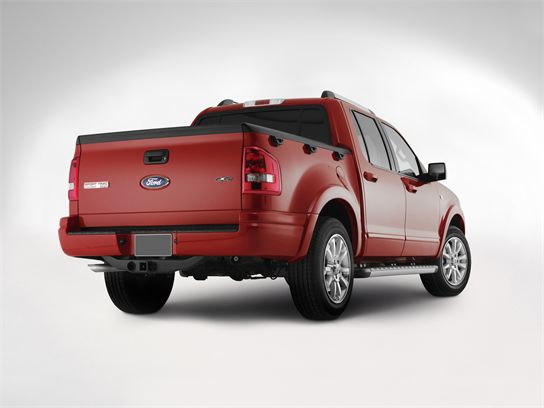Recent Articles
Popular Makes
Body Types
Resolve A Dealer Service Problem
Tips for settling a service dispute

Most of today's dealers are very sensitive to customer problems. Many manufacturers tie dealer incentive plans to a dealer's CUSTOMER SATISFACTION INDEX or RATING. Given the chance, the dealer usually can resolve most problems.
If the service department does not handle the problem to your satisfaction, speak with the service manager first. Going to the new car salesperson with a service or warranty problem will generally get you nowhere. Explain the problem to the service manager and request a written copy of the proposed resolution.
If the service manager is unable to resolve your problem, speak with the dealership's owner or general manager. Remember, it is to your advantage to keep your composure and remain businesslike, even in a frustrating situation.
If you are still unsatisfied after giving the dealer a reasonable opportunity to fix your car, contact the manufacturer's customer relations department. You can find the phone number and address in the owner's manual. Ask to meet with the manufacturer's representative responsible for that dealership. You may experience a delay, since the area representatives typically call on the dealers once a month.
If you meet with the manufacturer's representative and you are still not satisfied, you may present your problem to a third party complaint handling panel or arbitration program. Their function is to review and arbitrate consumer grievances. The panels are made up of people who are independent of the manufacturer and dealer in the dispute. All manufacturers are REQUIRED to participate in one of these programs. Contact the Better Business Bureau in your area. It can tell you which arbitration program the particular manufacturer belongs to.
You may have certain rights under your state's LEMON LAW. For specific information on this law, contact your STATE ATTORNEY GENERAL'S office. Lemon laws are very complicated and contain specific qualifiers on your part. These laws are designed to help the consumer in extreme cases and usually only apply to vehicles purchased new. by Staff Photo credit: Automakers